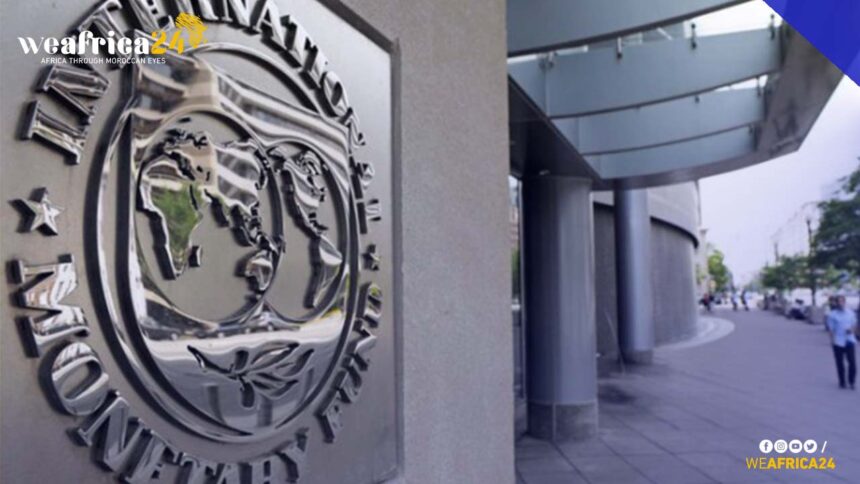In its recent report on Morocco, the International Monetary Fund (IMF) mission has highlighted the challenges that the country faces in terms of low economic growth and high inflation, which could potentially worsen inequalities and create social tensions.
The country’s monetary policy should accelerate the pace of tightening, particularly after the main interest rate was raised to 3 percent in March, as recommended by the IMF.
The report stated that Morocco has been affected by geopolitical tensions and the economic repercussions of the Russian war in Ukraine, which have led to a decline in external demand, particularly from the eurozone. This has contributed to the continued rise in energy and food prices, leading to domestic inflation and tighter financial conditions.
According to the IMF’s analysis, Morocco may face weak GDP growth of approximately 0.5 percent in 2023 and 2024 in a negative scenario, with the current account deficit expected to increase from 4.25 percent of GDP in 2022 to about 8.5 percent in the next two years.
The report acknowledged that the Moroccan economy has proven to be resilient in the face of a series of negative shocks, including the COVID-19 pandemic, the Ukrainian war, and severe droughts. The authorities were able to maintain macroeconomic stability through a wide range of fiscal, monetary, and financial policies. However, successive shocks have reduced the country’s ability to cope with new challenges, making it vulnerable to further risks.
Due to these shocks, Morocco has limited financial margins to mitigate the sudden global economic and social impact and rise in commodity prices. As a precautionary measure, the Moroccan authorities requested a two-year, $5 billion flexible credit line to enhance foreign reserves and provide risk insurance, as was done under the Precautionary and Liquidity Line from 2012 to 2020.
The IMF expects economic activity to accelerate in the near term, with a projected growth rate of 3 percent in 2023, driven mainly by the recovery of agricultural production and its positive impact on the economy. After peaking at 6.6 percent in 2022, the average inflation rate is expected to gradually decrease to 4.5 percent and 2.75 percent in 2024, with the gradual dissipation of the commodity price shock and the easing of monetary policy.







